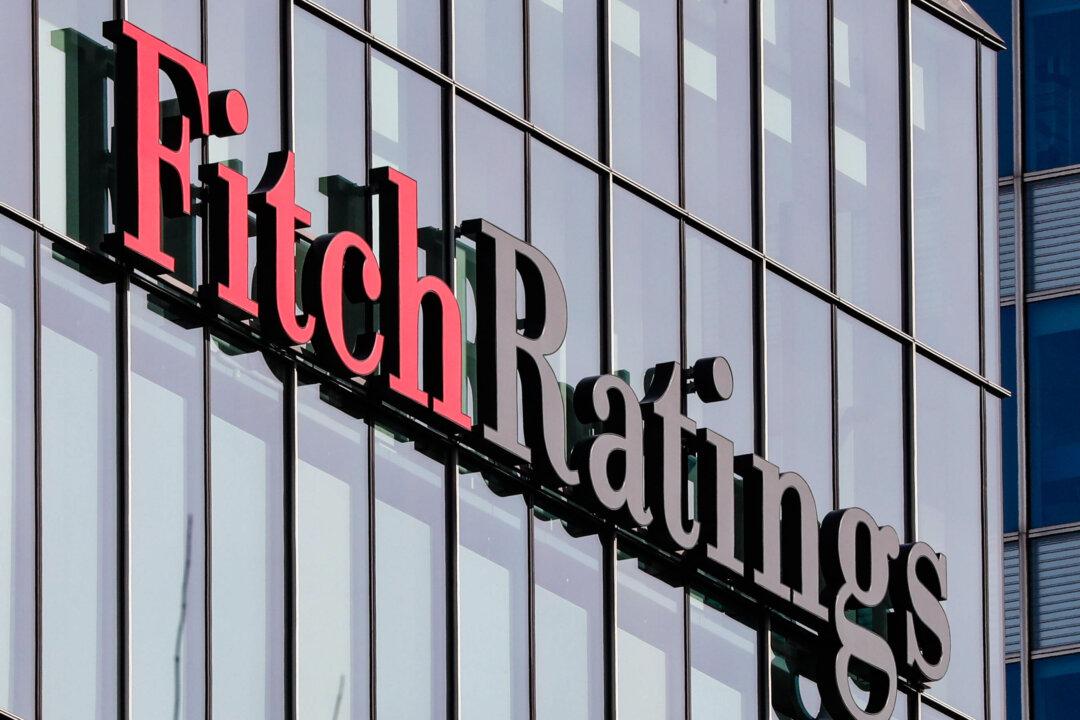Fitch Ratings has downgraded Israel’s credit rating to A from A+, with a “negative” country outlook classification amid ongoing regional conflict.
“The downgrade to ‘A’ reflects the impact of the continuation of the war in Gaza, heightened geopolitical risks, and military operations on multiple fronts, an Aug. 12 Fitch report said.





